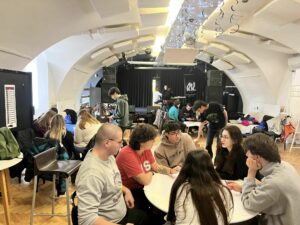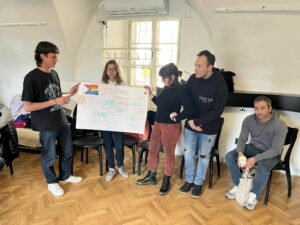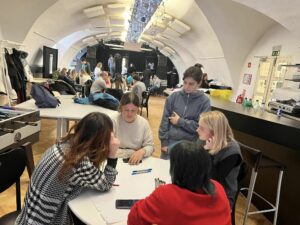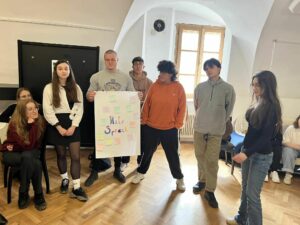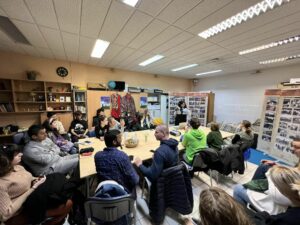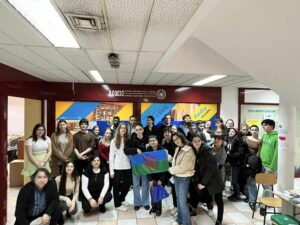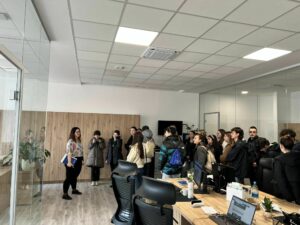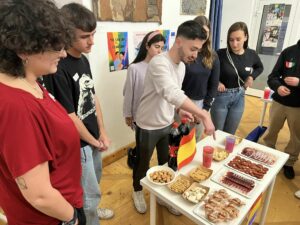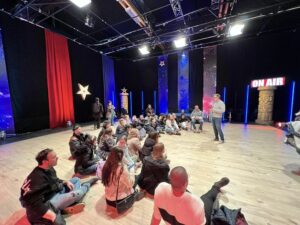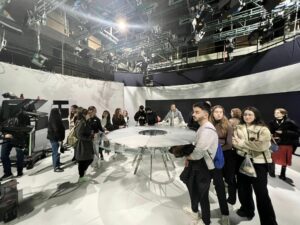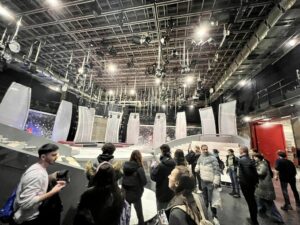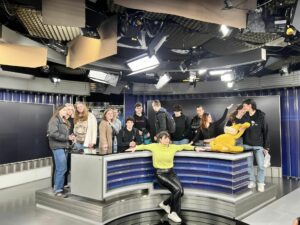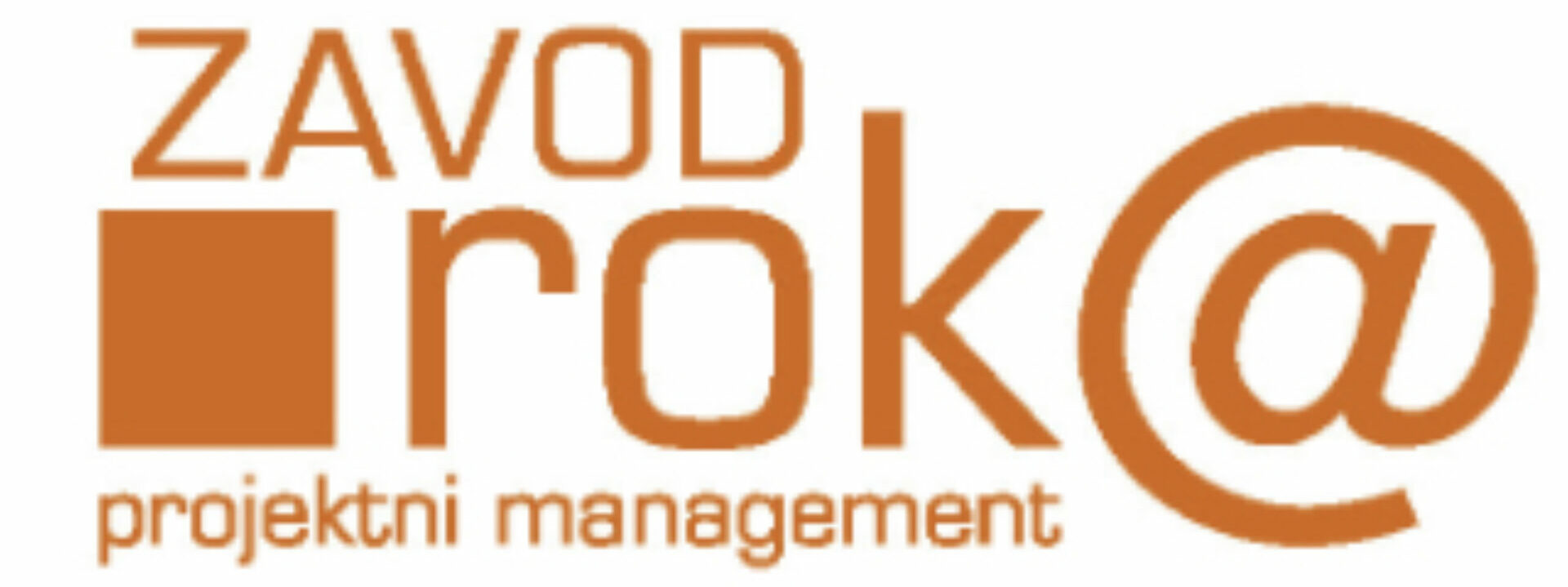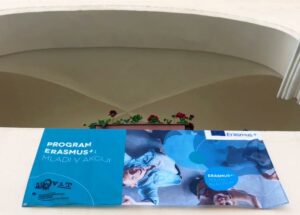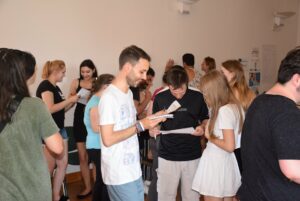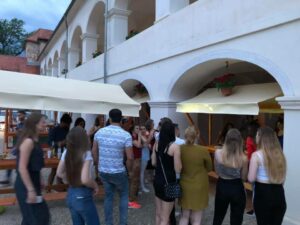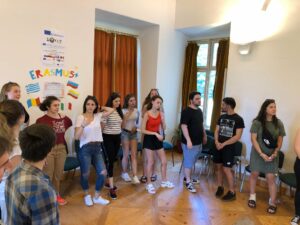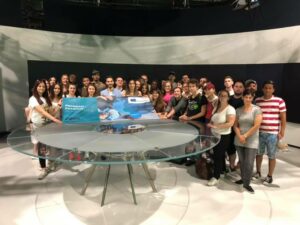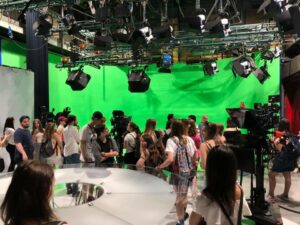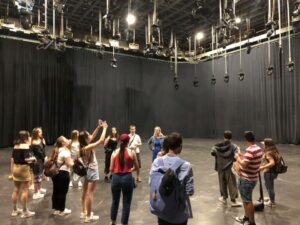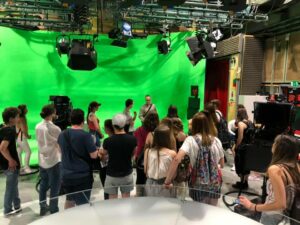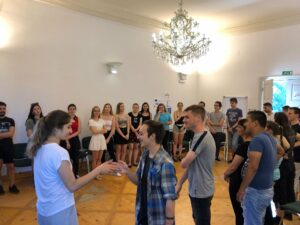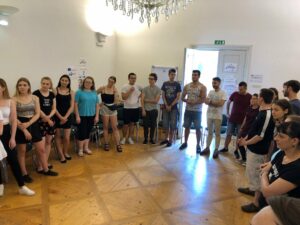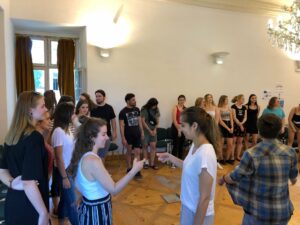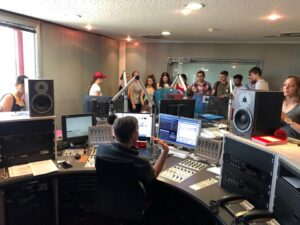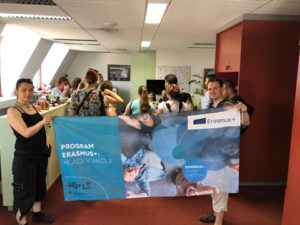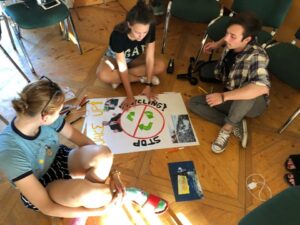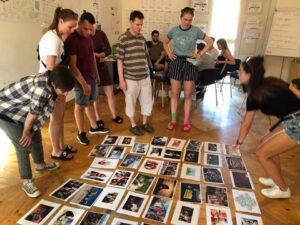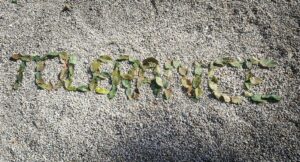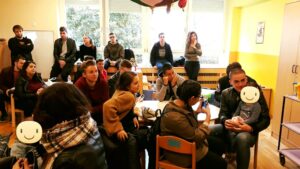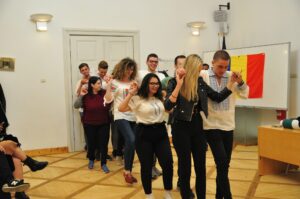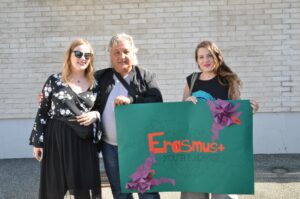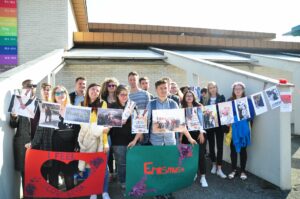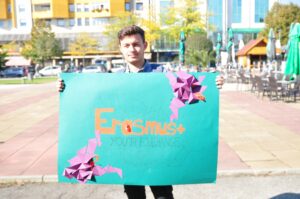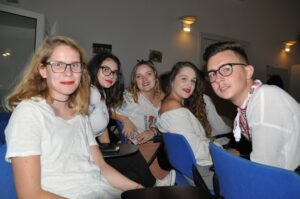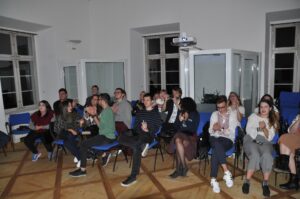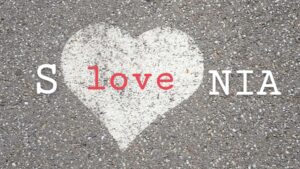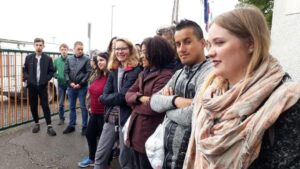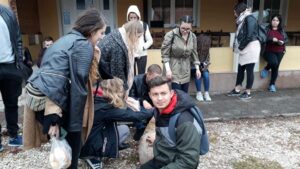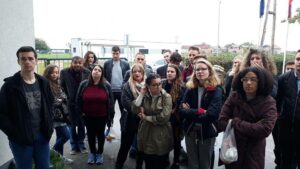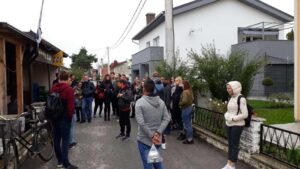Youth exchange “Media is changing the world” has brought together 37 participants from six countries, Slovenia, Lithuania, Georgia, Italy, Spain and Romania. The participants were aged between 18 and 30 years. Our aim was also to involve young people with fewer opportunities. During exchange we have actively cooperated in the activities and connect with the local environment. Through workshops, discussions, formulated media campaign, creation of other media contributions, informal education and uniting we have learned new skills and competences. We have also followed the objectives of promoting intercultural dialogue, solidarity and raising media literacy and overcoming hate speech. With the project we wanted to get to know the topic about hate speech, fake news in media, about media in general and find out how modern media works. Our activities have been done at the accommodation and have also include visits in the local surrounding (local radio house, Roma radio, local newspaper editor house, local webpage editor office, municipality and presentation of the project to media and local youth).
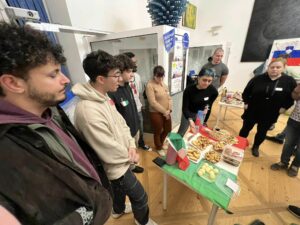
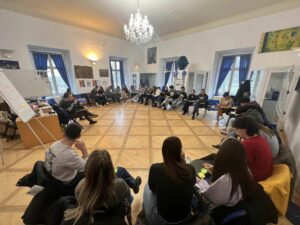
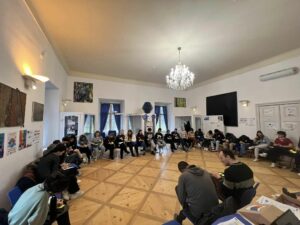
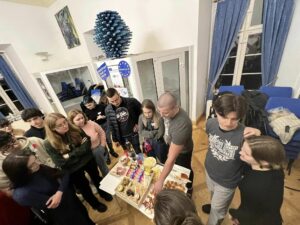
Our activities have been: getting to know each-other, getting to know Erasmus+ programme, getting to know other culture, traditions, music, language, cuisine, getting to know how media works, getting to know them better as well as on finding out if they are fighting against fake news, getting to know stereotypes and how do we create them, getting to know local surrounding and local media where the project was held.
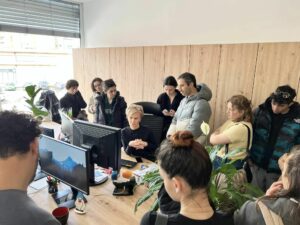
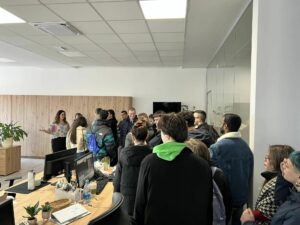
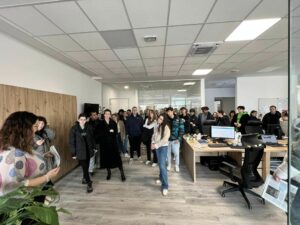
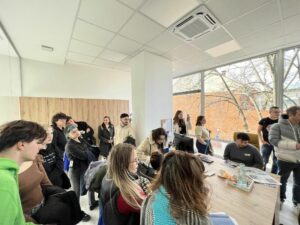
Media is the one that quickly spreads fake news over the Internet, often unknowingly. That’s why we wanted to learn about possibilities, with which the media manipulates us. The aim of the project was to create awareness of hate speech in European Union, to give examples of hate speech and to warn about its consequences. Further goals were: to spread the importance of the exchange and spreading the message of the program with events; to learn how to be more cautious about recognizing fake news, increasing critical thinking, to encourage young people with fewer opportunities and to promote media literacy. Since the exchange will took place in English, we have strengthened our language skills and consequently knowledge transfer. In addition to English, we have also strengthened other foreign languages. We have increased intercultural awareness and improve public speaking. Throughout the project we have encouraged creativity of young people in the field of multimedia content (photo and video) and enable the international experience for people with fewer opportunities.
